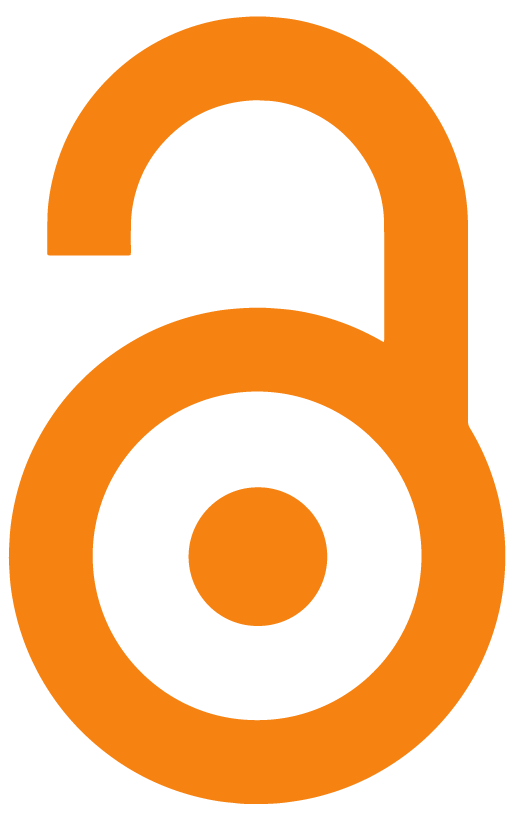
The misconceptions that many researchers and those in the academic community have about the open access movement continue to grow as open access publishing expands. It has become common for individuals in the academic community to assume that because a publisher is active in the open access publishing movement that they are a “pay-to-play” or predatory publisher. Oftentimes, this is because they do not understand the reasoning or need for open access processing charges that are associated with the open access publishing model, and doubt the quality of open access research believing that there is a lack of quality peer review.
The reality is, traditional publishing (standard/closed access) and open access publishing, both carry the same ongoing concerns for quality and ethicality among processes being carried out by different publishers and publications. Overall, whether a publication is being published under traditional publishing or open access publishing, the editorial processes should carry the same level of rigor in peer review, content processing, and finalization. So open access publishers should not automatically be written off as questionable or unethical, and it is important to do a more comprehensive consideration of the publisher and their publications before jumping to conclusions (
read this story to learn about warning signs). Sadly, predatory publications and publishers will always exist and exist for the foreseeable future, so it truly is just a matter of using good judgment when determining where to submit research. Understanding many common misconceptions and dispelling myths is also a critical part of this assessment.
Taking into consideration all of this, let’s look at some of the common misconceptions and myths present among the academic community about open access:
Q: Is Open Access Publishing Questionable or Unethical?A: Open Access Publishing is neither questionable nor unethical. A credible open access publisher can be found following the following guidelines:
- The publisher partners with well-known ethical organizations (i.e., Committee on Publication Ethics (COPE), Open Access Scholarly Publishers Association (OASPA), etc.).
- The publication has a legitimate ISSN or ISBN.
- The publication is indexed in established and credible indices, directories, and abstracting lists which can include Web of Science, Scopus, Inspec, etc.
- The publisher has transparent policies and a robust peer review process.
- All publishing fees are clearly stated with absolutely NO correlation between the OA processing charge being paid by the author and the results of review process outcomes.
Q: Is Open Access Publishing “Pay-to-Play”?A: No, Open Access Publishing is not “Pay-to-Play”. Just because an open access publication carries an open access processing charge ((Article Processing Charge (APC), Chapter Processing Charge (CPC), or Book Processing Charge (BPC)), it should not be presumed that that publication/publisher is predatory. The point at which an open access processing charge is requested is one of the main differentiating factors between a credible publishing model and a “pay-to-play” predatory publishing model. Credible open access publications will ask for the open access processing charge only AFTER a manuscript has undergone a formal peer review process and been accepted at the discretion of the Editor-in-Chief of the journal or Editor of the book. If the manuscript is rejected there will be no open access processing charge requested. Moreover, the open access processing charge is paid to the publisher, not the Editor(s)-in-Chief or reviewers of the journal. There is absolutely NO correlation between the processing charge being paid by the author and the results of review process outcomes. OA processing charges are in place to cover the costs associated with publishing.
Q: How Do Traditional and Open Access Publishing Differ?A: Open Access Publishing differs from Traditional Publishing by:
- Publishing the work under the Creative Commons (CC BY 4.0) Licensing instead of a stricter copyright.
- Published OA work can be freely shared without restriction unlike that under copyright with traditional publishing.
- OA content does typically require the payment of an OA processing charge that generally replaces the revenue that had been previously generated through subscriptions and covers the costs associated with publishing (online hosting, archiving, editorial support services, and more).
Open access is present to ensure that research, once published, can be freely and openly disseminated to the masses without any restrictions (paywall restrictions, rights restrictions, or login restrictions), but the processes leading up to the publication stage should carry just as much weight as traditional publishing, ensuring that proper vetting and peer review processes are being executed. However, many believe that because there are publishing fees associated with the publication of open access content, that there are questionable practices going on behind the scenes. Open access processing charges exist purely to ensure that the tremendous financial costs that publishers must expend to produce the work, all that are typically covered through subscription fees and paywalls to access the published content, are able to be recouped through the processing charges when the work is openly available and not behind any paywalls. Credible publishers strive to ensure that authors are aware of these fees as early on as possible with clear transparency as to what these costs cover while also ensuring that the processing charges are not collected until after work has been accepted following a full peer review process.
 | | Why You Should Publish Under Open Access With IGI Global | - Join a Diverse Community of 150,000+ Researchers Worldwide Publishing with IGI Global
- Easily Track Your Work in Our Advanced Manuscript Submission System with Rapid Turnaround Times
- Double-Blind Peer Review by Notable Editorial Boards (Committee on Publication Ethics (COPE) Certified)
- Affordable APCs (Often 50% Lower Than the Industry Average) Including Robust Editorial Service Provisions
- Publications Adhere to All Current OA Mandates and Compliances
- Institution Level OA Agreements Available (Recommend or Contact Your Librarian for Details)
- 175+ Highly Indexed Journals to Choose From (Gold, Platinum, & Retrospective OA Opportunities)
- Content Spread Widely to Leading Repositories (AGOSR, ResearchGate, CORE, & more)
- Direct Connections with Prominent Research Funders & OA Regulatory Groups
|
| |
|
|
|
| Submit to IGI Global’s Highly Indexed Journals Included in Web of Science SCIE and/or SSCI | |
|
It is important to understand the open access movement and its many benefits and opportunities for readers, authors, and the academic community alike. IGI Global is committed to the education and understanding of open access. For more information, please visit our
open access webpage, or reach out to IGI Global’s Open Access Division at
openaccessadmin@igi-global.com.
About IGI Global
Founded in 1988 and headquartered in Hershey, Pennsylvania, USA with a subsidiary office (IGI Science and Technology, Ltd.) operating out of Beijing, China, IGI Global is a leading medium-sized independent international academic publisher of scholarly reference sources. They are committed to facilitating the discovery of pioneering scientific research that enhances and expands the body of knowledge available to the research community through traditional and open access publishing workflows. Working in close collaboration with more than 150,000+ expert researchers and professionals from leading institutions, IGI Global publishes quality peer-reviewed content across 350+ topics in 11 core subject areas, including business, computer science, education, engineering, healthcare, social sciences, and more. Learn more about IGI Global here.
Emma Baronak
(717) 533-8845 ext. 183
ebaronak@igi-global.com
www.igi-global.com
Browse for more posts in:
Books & E-BooksJournalsResources for LibrariansResources for ResearchersOpen Access